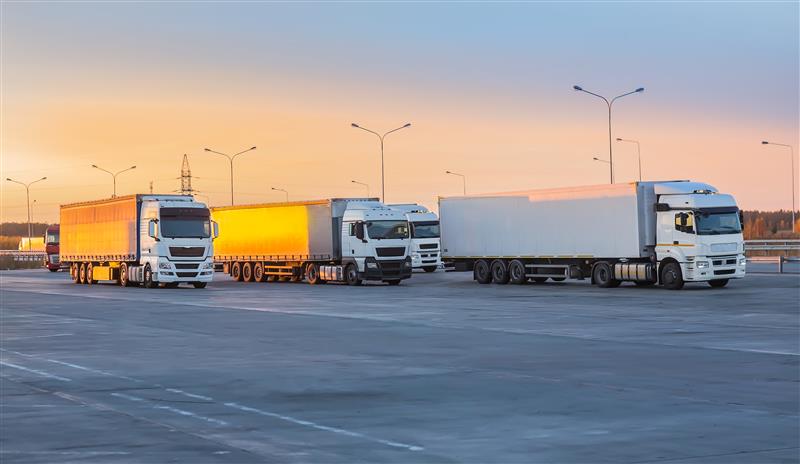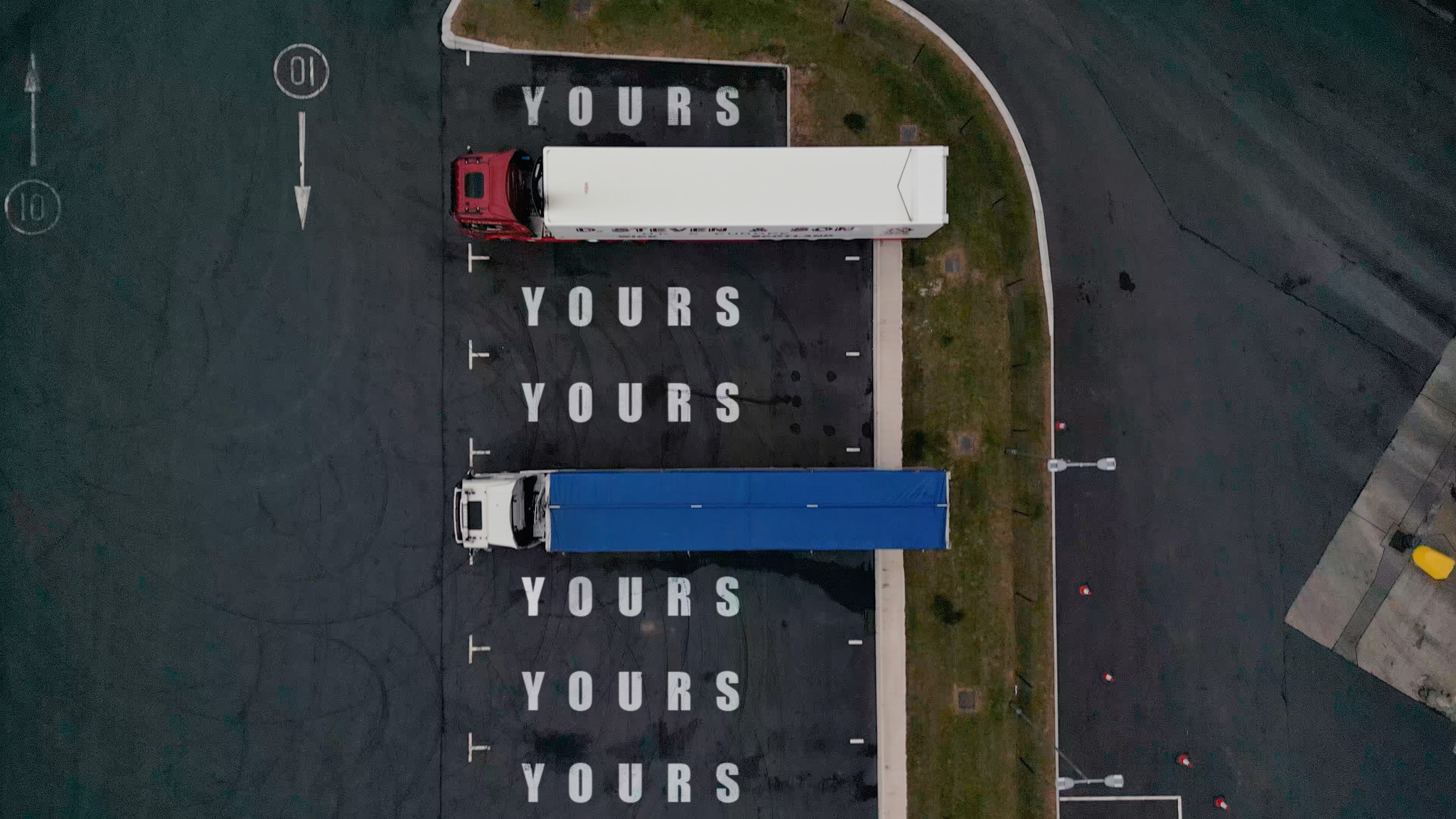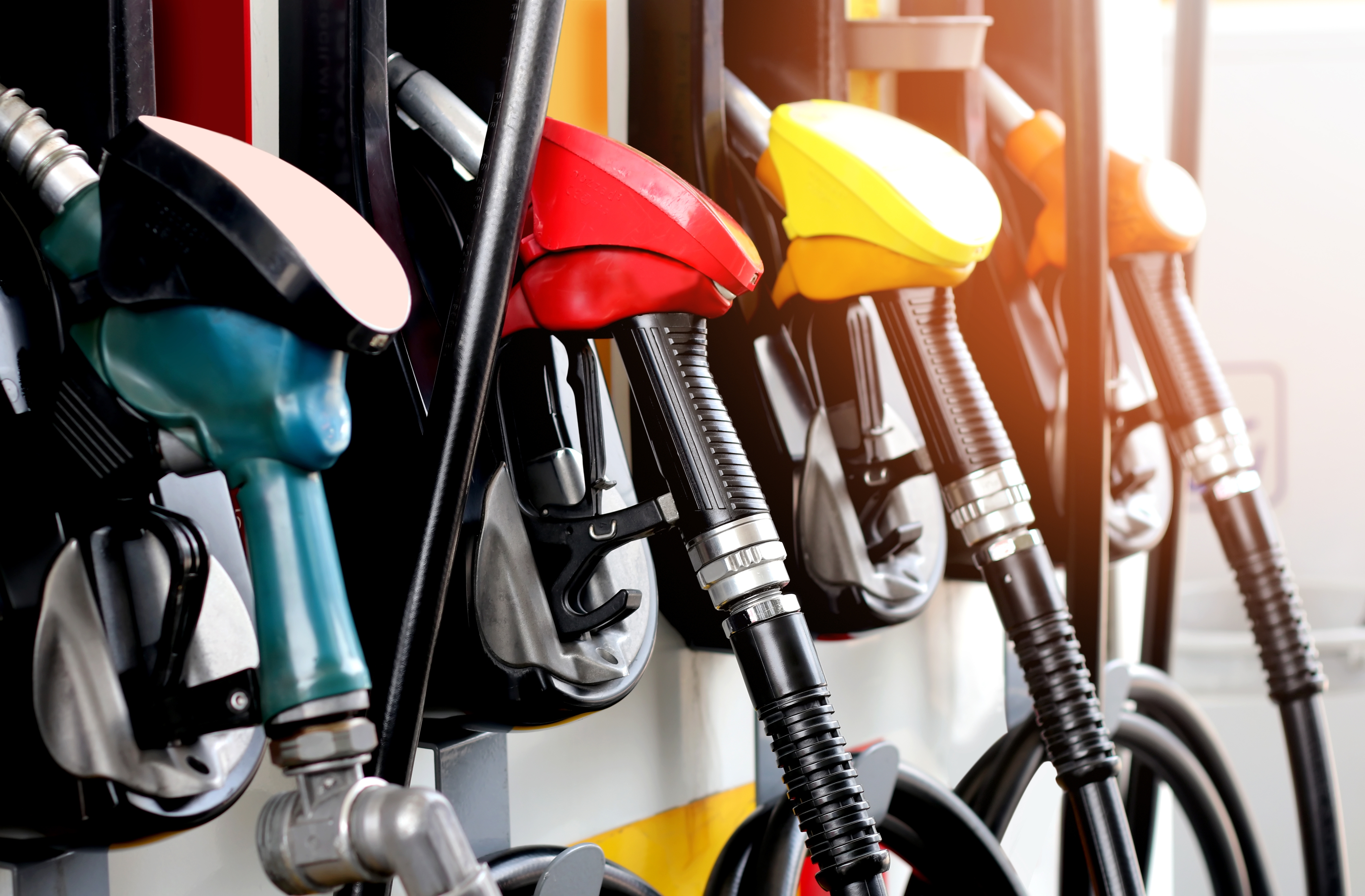
Miranda Blake
A truck driver’s guide to winter in Europe
Creat: 16.10.2024
•
Actualizat: 11.11.2024
Truck drivers face a unique set of challenges and responsibilities in the colder seasons. There’s a surge in serious road traffic accidents with 33% of insurance claims made during this time deemed severe.
And so, preparation is crucial. Here, we guide on how truck drivers can stay safe both on the road and inside their cab this winter.
Navigating stormy conditions
It’s key to drive slowly and maintain a safe distance from other vehicles – especially in flooded areas. You should put your truck in low gear and keep your engine revving.
The following tips will also help with driving in stormy weather.
• If you lose control on surface water, slow down by releasing your foot off the accelerator – don’t attempt to brake or steer suddenly.
• Higher vehicles are more vulnerable to intense winds – make sure to hold the wheel tightly and avoid bridges where possible.
• Travel with the curtain sides open if your truck is empty. This way, there's less to catch in the wind.
Managing snow and ice
Going at a reduced pace and keeping the required distance from the vehicle in front is also something you should do when there’s ice and snow. In fact, it’s recommended that you increase braking distance to 10 times the normal amount – however, it can be difficult to judge this. An Admiral survey found that black ice causes 10% of accidents during winter. You can tell if you're driving on black ice if the road looks wet but there's no spray coming from other vehicles.
Other tips to help you drive in the snow include maintaining regular truck inspections and ensuring you have all the necessary equipment before your journey, such as jump cables and de-icing tools. Plus, always be aware of the gear you should be in, as this could save you from losing control of your truck. On flat surfaces, drive in the highest gear possible. When going downhill, utilise the engine brake and travel in low gears. To avoid wheel spinning, use a higher gear when pulling away – this will give you the traction needed to move the vehicle.

Ensuring visibility
With hazardous highways and external factors negatively impacting vision and causing truck accidents, visibility is crucial in all weathers, especially when it’s chillier. So, make sure to check for chips or cracks in your windscreen, as these can spread quicker in the colder months.
In addition, you’ll want the highest level of visibility for your lights, licence plate, and windshield. As well as cleaning off any snow or dirt, it’s wise to regularly wash your vehicle to avoid road salt accumulating (this triggers corrosion).
If visibility is poor and conditions get to the point of treacherous, then it's best to get off the road and rest at the nearest truck stop. If you end up needing to exceed your driving hours, then you can use a special dispensation for drivers who are stuck in unique circumstances like extreme weather events.
Assessing tyre tread depth
Low temperatures can also impact the functionality of your tyres as they can trigger reduced air pressure. And with worn tyres unfortunately adding to your stopping distance and reducing your level of stability on wet and icy roads, this low tread will cause sliding.
As a result, it’s a good idea to check tread depth prior to each journey in stormy and other harsh conditions – this way, you’ll be aware when you need to deal with any problems that arise.
Following winter tyre regulations
It’s vital to know about the varying winter tyre regulations too. Some countries oblige drivers to carry sandbags and shovels, while snow chains are mandatory in others. Continental has collated a simple guide to the winter tyre requirements for the UK and Europe.
From November 1st, winter tyres are compulsory in:
- Austria
- Czech Republic
- Finland
- France
- Lithuania
- Serbia
In other countries, they’re mandatory later in the month or December or they’re dependent on weather conditions. As for studded tyres, while they’re allowed in the below countries, there’s strict rules surrounding them. It’s best to check the regulations for each country before your journey.
- Austria
- Belarus
- Denmark
- Estonia
- Finland
- France
- Great Britain
- Latvia
- Liechtenstein
- Lithuania
- Norway
- Spain
- Sweden
- Switzerland
- Turkey
- Ukraine
Bringing relevant supplies
You’ll also need to think about how you can look after yourself in winter. This will sound obvious, but make sure you have access to sufficient food and drink. With there being an increased chance of road closures during the colder seasons, you may not always be able to get to a truck stop. Come prepared with snack or meal options, along with ideally a hot beverage in a flask.
Especially if you’re unable to access a place to rest, ensure you can stay warm. For example, take along rechargeable heating packs. Likewise, always have warm and spare clothing at hand; this will be particularly helpful if garments get cold and wet through tasks such as getting rid of snow from your windshield.
Ideally, you’ll have a winter survival kit – consisting of the likes of food, drink, a portable phone charger, a torch, blankets, a high-vis vest, a shovel, and durable walking shoes.
Guarantee access to rest stops with intruck
While the weather isn’t in your control, protecting yourself and others on the road is. This includes making sure you have a safe and secure place to park as soon as possible. Our intruck app or maps page will tell you nearby service providers along with information around the facilities each offers.
You can download the intruck app today by clicking this link.



